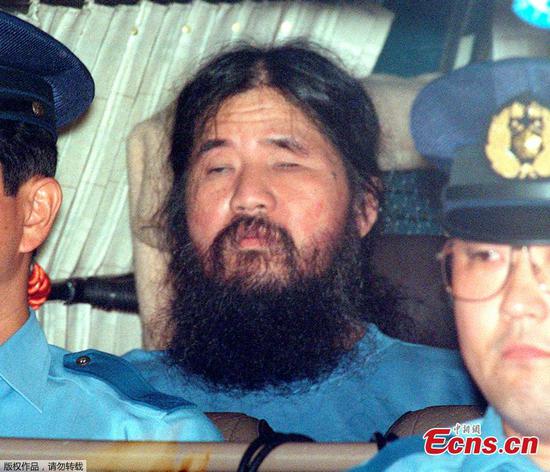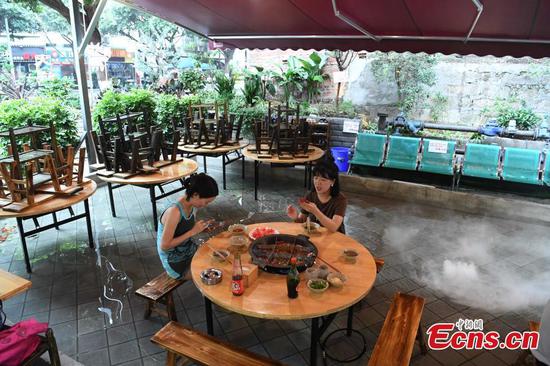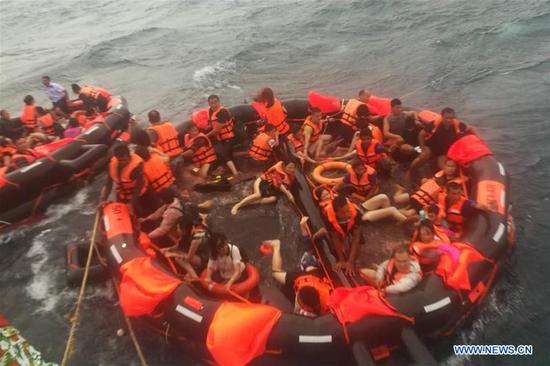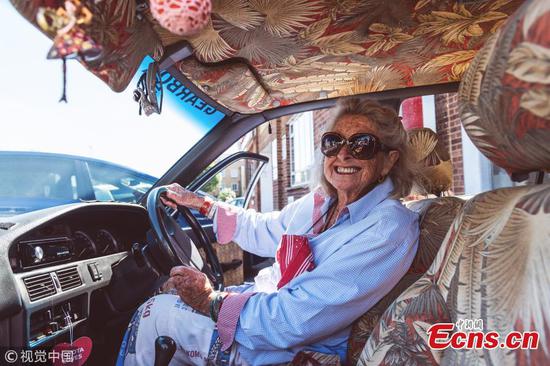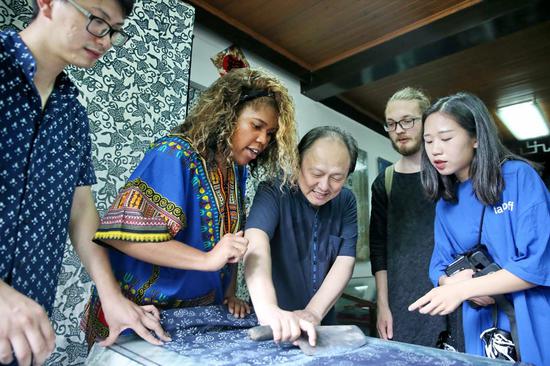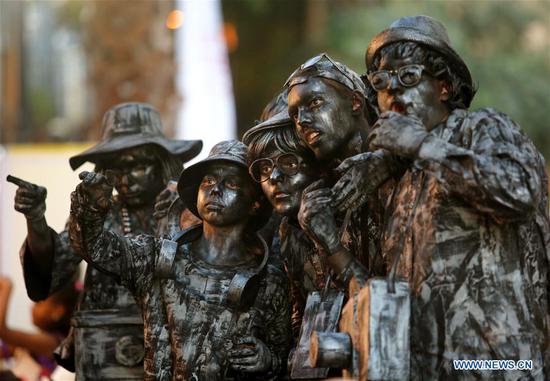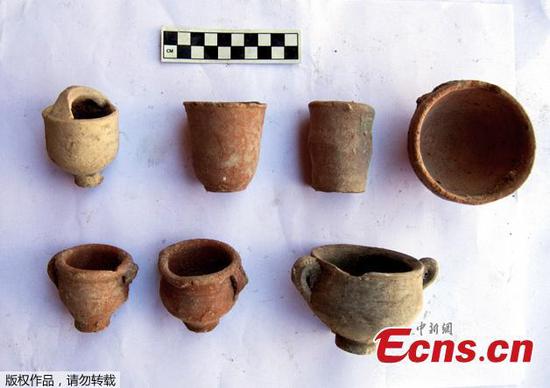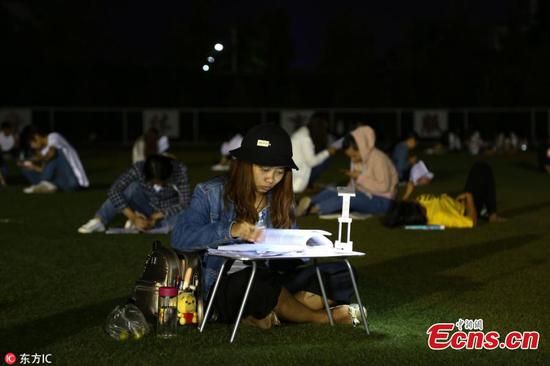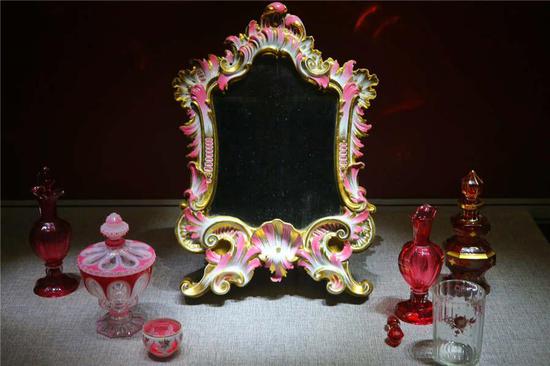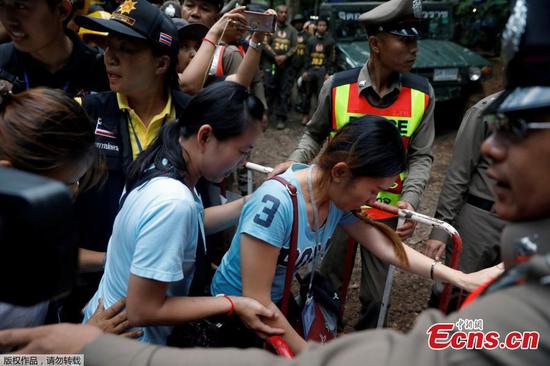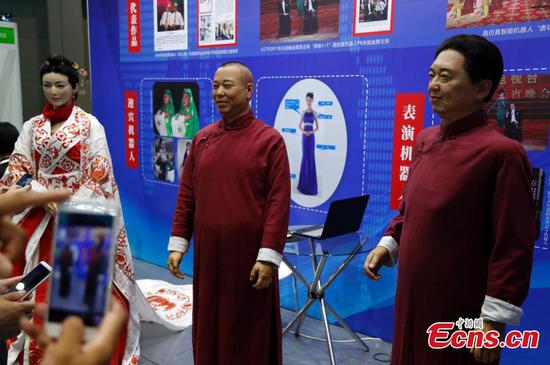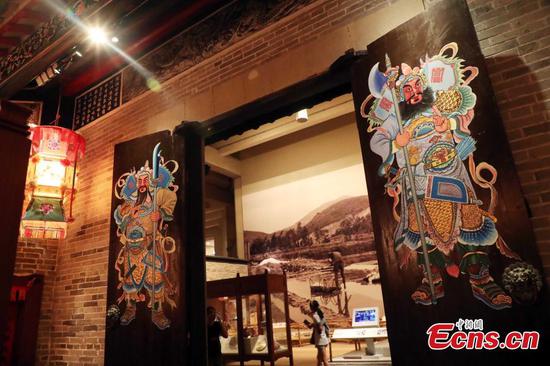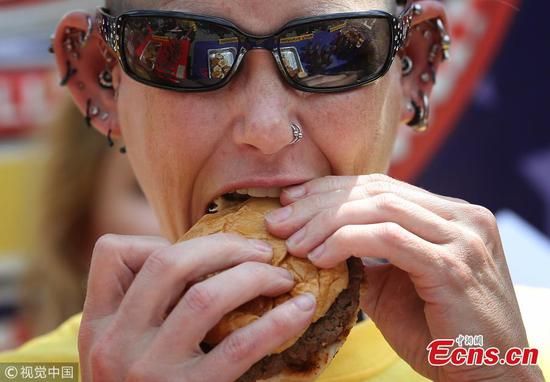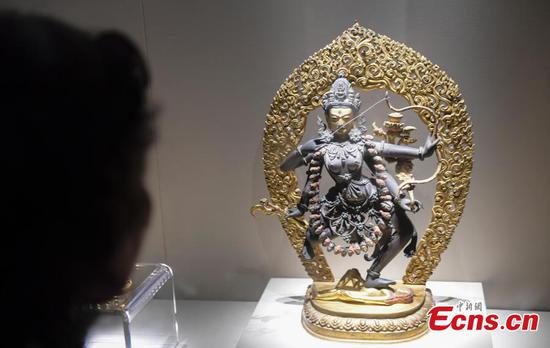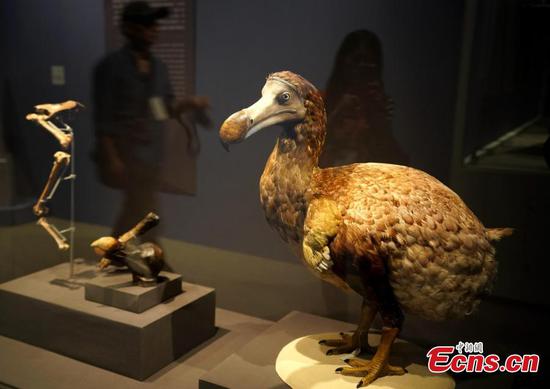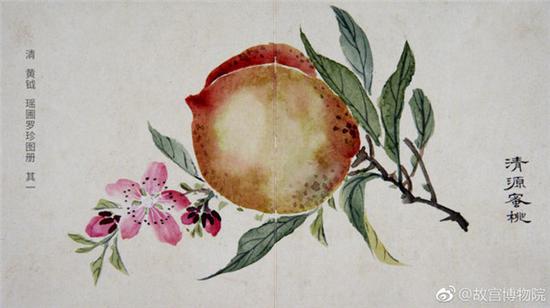A Chinese biographical comedy-drama movie based on a real-life story of a man who smuggles unapproved, but affordable cancer drugs from India is getting rave reviews.
Xu Zheng stars in “Dying to Survive” released today and was partly filmed in Mumbai. Xu plays the role of a drug dealer, who smuggles drugs from India for more than 1,000 cancer patients.
"The movie will be about an ordinary person turned hero and his struggles," director Wen Muye told China Daily. Having won accolades at the Shanghai Film Festival after preview screening, the movie has already collected 45.2 million US dollars, China Film Insider reported.
The movie tells the story of Cheng Yong, a businessman, and owner of God Oil store who sells oils intended to cure erectile dysfunction. A leukemia patient who can’t afford the fictional Geliening, a Swedish drug that is priced at 6,032 US dollars per bottle, begs Cheng to get the generic version of the drug from India, which is much cheaper.
Cheng realizes smuggling cancer medicine from India may earn him a lot of money. To smuggle the drugs, he starts constituting a team that includes a priest, a mom ready to strip to foot the medical bill of her daughter who is suffering from cancer, and other patients.
India—Pharmacy of the developing world in real world
In the recent years, India is emerging as a “pharmacy of developing world” for affordable production of lifesaving medicine.
According to a Global Times report last year, Glivec, a leukemia drug produced by Swiss pharmaceutical giant Novartis, for example, costs 3,783 US dollars each month in China. The Indian generic version Veenat, a drug manufactured by Natco Pharma which has the same composition as Glivec, costs just 200 yuan.
In a crucial policy decision, aimed at making essential medicine affordable, China on May 1 removed import duties on as many as 28 medicines, including all cancer drugs.
India also played a significant role in scaling up treatment to 17 million people across the world by lowering the price of antiretrovirals (ARV) required for treatment of HIV patients.
Affordable generic ARV medicine reduced the price from 10,000 to barely 300 US dollars in 2001. Even Doctors Without Borders relies heavily on affordable, quality generic drugs to treat many diseases. “In fact, 97 percent of the medicines used by MSF to treat HIV are generics sourced from India,” Shailly Gupta, deputy head, MSF Access Campaign, maintained in a statement.
Inspired by Hollywood blockbuster—Dallas Buyers Club?
A section of critics feels that the movie is inspired by Oscar-winning movie Dallas Buyers Club released in 2013.
Dallas Buyers Club is also based on a real-life story of a heterosexual rodeo-Ron Woodruff living in Texas suffering from AIDS. He travels to different countries to buy cheap medicine for treating the virus and the drugs smuggled in by him are not approved US Food and Drug Administration (FDA).
Woodruff sells the drugs to AIDS patients, to evade legal hurdles he forms a club—Dallas Buyers Club—that charges a membership fee from AIDS patients. The membership money was used to sell the drugs under a non-conventional medicine label.
Not many agree that Dallas Buyers Club inspires the Chinese comedy-drama.
@Lingrui – Don’t call it Chinese “Dallas Buyer Club” anymore! It is a Chinese film adapted from a true Chinese story. If you haven’t heard about it, go to Baidu and search the name “Lu Yong”! There was nothing about “Dallas Buyer Club” when he sold Indian anti-cancer medicines…
On Douban, a Chinese version of IMDB, movie lovers rated Dying to Survive 9/10. Many feel that the movie is set to become a milestone in Chinese cinema history.
@Xinyukun – “Are you sure that you will be away from illness for the whole life?” Pure, penetrating and powerful! I often thought that a film can only be film. But when I see a good film like this, I can’t help believing that film is more than film! Sincerely hope that this film will be a box-office hit, to be a hot hashtag, to set an example for domestic films.










